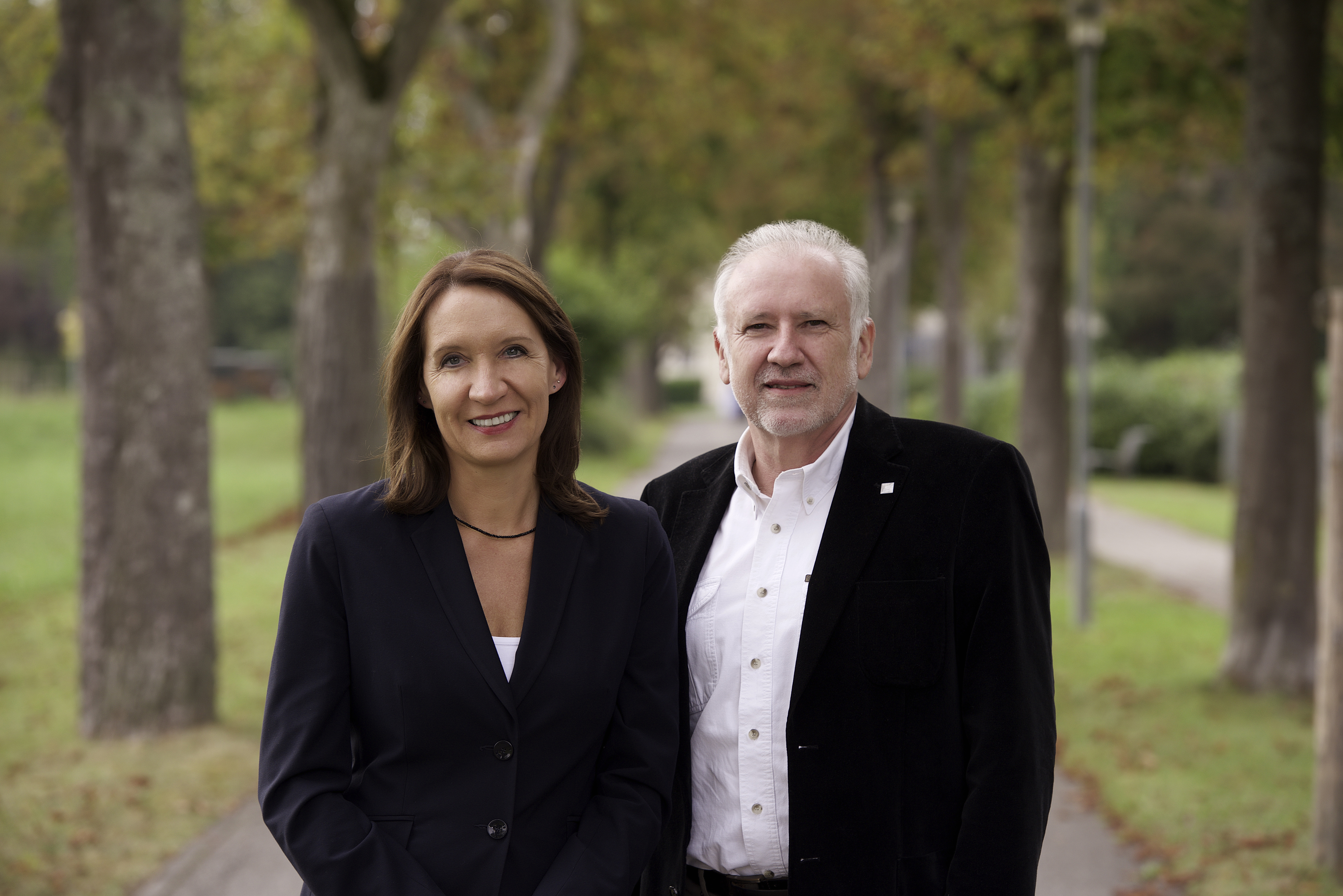
Improving the support offered to traumatised refugees
German National Academy of Sciences Leopoldina and the Berlin-Brandenburg Academy of Sciences and Humanities assembled an expert research team headed by Konstanz psychologist Professor Thomas Elbert and including Dr Maggie Schauer to recommend support measures
Often, refugees experience unimaginable violence and life-threatening situations both before and during their flight – or witness traumatising events. In many of those affected, the experienced trauma manifests as psychological and physical illness. Because of this, some refugees are unable to face everyday life, enter social relationships or learn a new language. Low-threshold services provided by specially trained counsellors can quickly and cost-effectively help those affected.
The German National Academy of Sciences Leopoldina and the Berlin-Brandenburg Academy of Sciences and Humanities draw attention to this fact in their joint statement on “Traumatisierte Flüchtlinge – schnelle Hilfe ist jetzt nötig” (Traumatised Refugees – Rapid Intervention Required), published today. In their statement, the academies recommend proven measures for identifying and providing therapy to traumatised refugees with greater efficiency and efficacy. This can promote successful integration and prevent particularly serious cases from developing.
The statement was issued by the German National Academy of Sciences Leopoldina and the Berlin-Brandenburg Academy of Sciences and Humanities and is based on research carried out by the research team “Versorgung der psychischen Gesundheit von Flüchtligen” (addressing the psychological well-being of refugees), chaired by University of Konstanz psychologist Professor Thomas Elbert. Dr Maggie Schauer, director of the University of Konstanz’s Centre of Excellence for Psychotraumatology, also belonged to the team.
In the statement, the researchers describe the interconnection between trauma and the negative consequences for those affected, including subsequent generations. To ensure that language courses as well as the integration of refugees into the education system and labour market are successful, effective psycho-social counselling should be offered as early as possible. To identify potential need for intervention, the experts recommend that the local authorities offer scientifically validated screenings to all refugees immediately after their arrival.
Not all traumatised refugees require comprehensive psychotherapy. A sophisticated support and care system that combines low-threshold support measures with professional psychotherapeutic services can often meet the needs of many affected individuals. Peer counsellors are to play a crucial role during the implementation of low-threshold support measures. They are individuals with migration backgrounds or former refugees who share the new arrivals’ cultural background and language, but are familiar with the situation in Germany. These peer counsellors accompany, mediate and translate for newly arrived refugees. Having received special training, they are able to identify individuals in need of help and to recommend suitable low-threshold measures.
Severely traumatised refugees require psychotherapy provided by duly qualified therapists. Even so, the academies recommend that peer counsellors be trained for and used in therapy contexts – on condition that a duly qualified professional is available to oversee the case. The efficacy of using trained laypersons in trauma therapy has been demonstrated by several international studies on the subject.
The recommended measures can help restore the psychological integrity of those affected and reduce or prevent negative consequences for their children and for society as a whole. To be able to implement a support and care system as sophisticated as this, all actors – especially the federal states and local authorities – must be provided adequate financial means.
Facts:
- German National Academy of Sciences Leopoldina (2018): Traumatisierte Flüchtlinge – schnelle Hilfe ist jetzt nötig (Traumatised Refugees – Rapid Intervention Required). Halle (Saale). 35 pages ISBN: 978-3-8047-3860-7
- Joint statement issued by the German National Academy of Sciences Leopoldina and the Berlin-Brandenburg Academy of Sciences and HumanitiesStatement is based on the results of the research team “Versorgung der psychischen Gesundheitheit Geflüchter” (addressing the psychological well-being of refugees)
- The research team was headed by University of Konstanz psychologist Professor Thomas Elbert
- It also included Dr Maggie Schauer, director of the University of Konstanz’s Centre of Excellence for Psychotraumatology
